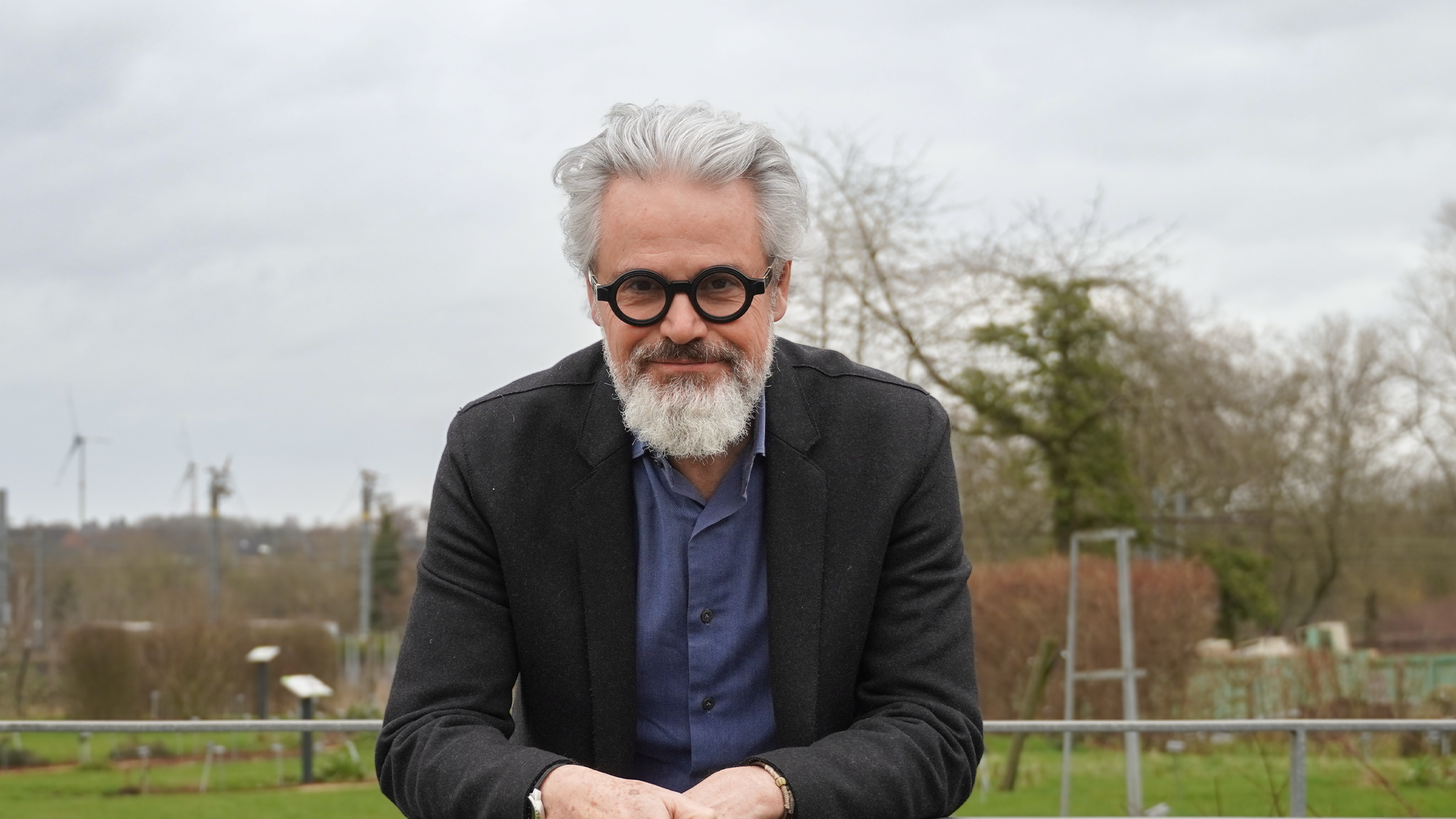Research and Innovation
ULiège combines basic research with applied research to facilitate interdisciplinarity and contacts between scientists. ULiège has an active policy to encourage the development of spin-offs.


As a public university open to the world and is anchored in the scientific, cultural and economic development of its region, the University of Liège relies on its three pillars: teaching, research and civic engagement.

ULiège trains responsible citizens who are provided with cutting-edge knowledge and critical thinking, are able to share knowledge and can push forward an increasingly complex world.

ULiège develops and promotes excellence in research, multidisciplinary and direct engagement with its instruction.

Global exposure is a top priority at the University of Liège. The institution offers a wide range of international mobility opportunities to students, researchers and staff, enabling them to enhance their cross-disciplinary skills and language knowledge.

ULiège: an experience of daily living. Located in 3 cities and 4 campuses, the university is a key player in terms of the environment and mobility.
ULiège combines basic research with applied research to facilitate interdisciplinarity and contacts between scientists. ULiège has an active policy to encourage the development of spin-offs.

A new study at ULiège and a call to established entrepreneurs and young entrepreneurs in student incubators

A study that used the MAR climate model developed by ULiège researchers to predict the risk of meteorite loss due to the melting of the ice sheet.

On April 4, Prof. du Jardin will begin a 4-year term at the head of the Joint Consultative Ethics Committee of the French research institutes INRAE - CIRAD - IFREMER - IRD.

From fundamental research to applied research, the University of Liège is at the forefront in many fields.

At the University of Liège, the management of research activities is entrusted to the 55 Research Units which gather researchers around specific and promising themes, in a dynamic of pooling of resources.

Access the Open Repository and Bibliography (ORBi) directory, which integrates the vast network of institutional open archives around the world.

The University of Liège supports its students and researchers in their technical innovation approaches.